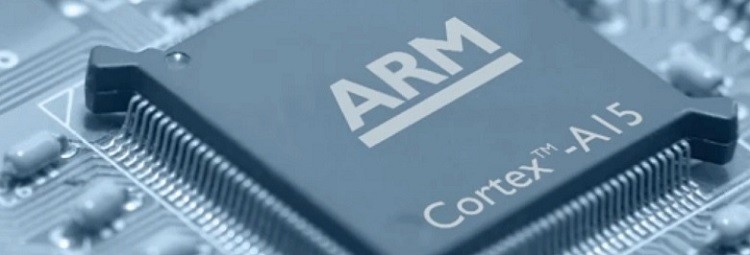
ARM chips, used in the majority of tablets and smartphones, are set to receive a clock speed boost as chip makers TSMC and GlobalFoundries have revealed that 3 GHz processors are on the agenda. Both manufacturers are working on delivering 3 GHz ARM chips sometime next year to be later incorporated into various SoCs (system on a chip) such as Qualcomm's Snapdragon line.
Currently the fastest clock speed seen on an ARM chip is 2.3 GHz on the top performing Krait 400 CPU cores inside the Qualcomm Snapdragon 800 chipset. The Krait 400 is a custom CPU core developed especially for Qualcomm chipsets, and is based in part on ARM's Cortex-A15 processor design which is used in other chipsets such as Nvidia's Tegra 4 and Samsung's Exynos 5 line.
To bring ARM chips up to the 3 GHz mark, TSMC and GlobalFoundries are said to be utilizing a smaller production process, shrinking down to 20nm from 28nm in most current-generation chips. The smaller process not only allows chips to run faster, but usually makes designs more efficient, so each core in a SoC can be less power hungry and more friendly towards increasingly strained battery technology.
The speed boost should also help ARM chips compete with Intel Atom 'Bay Trail' processors, which should be appearing in a range of tablets -- especially a range of upcoming x86-based Windows 8.1 devices -- towards the end of this year. Intel, and to a lesser extent AMD, are making a push for their low powered chips to appear in the next range of phones and tablets, so ARM chip makers are obliged to keep innovating to match the incoming competition.
https://www.techspot.com/news/53324-report-arm-chips-expected-to-reach-3-ghz-next-year.html